When you’re paying your energy bills, do you ever ask what it is you’re paying for? You’re paying for your electricity and natural gas usage, but what is actually consuming those resources, and more importantly, who are the biggest culprits?
For starters, the biggest consumers of energy in the typical home is usually running your heater and AC to heat and cool your home. This is why we make a big deal about installing efficient furnaces and air conditioners.
After that, it gets a bit murky about the biggest energy vampire. But the evidence suggests that after HVAC systems, water heaters are the single biggest energy consumer. A water heater’s share of home energy usage varies depending on who you ask:
- S. Energy Information Administration: 9%
- Alliance to Save Energy: 14%
- Choose Energy: 17.7%
Water heating and heating system costs are similar in that they’re both subject to daily behaviors. Just as keeping your home at 75 degrees all winter long will run up your energy bill, taking 45-minute showers will hurt your wallet. However, there are other important differences to note, too.
How Do I Figure Out the Water Heater Cost in My Home?
You may have a conservatively sized home that costs very little to heat or cool. But if you have a large family, you’re likely running the shower a lot, doing a lot of laundry, using your kitchen’s hot water tap more, and other daily tasks.
What are your options for reducing your water heating costs? It all boils down to your hot water heating unit.
If you’re not familiar with how a traditional tank water heater operates, think of it as a large pot of water continuously kept warm, like a pot on a stove ready for use at any moment. When the water temperature drops below a certain point, the “stove” (represented by the heating element) inside the water heater activates and warms the water until it reaches your desired temperature setting. Afterward, the heating element switches off. As you use hot water, it’s replenished with cooler water that needs to be heated again.
How To Lower My Water Bill
The benefit of this is that while water heaters use a lot of energy when you consume hot water, they actually use energy even when you’re not using any water at all. While this is frustrating, this means that there are actually ways to save energy using the same hot water heater you have now without changing a thing about your habits:
- Lower Water Heater Temperature: Reduce the water heater temperature by 10 degrees to save three to five percent on heating costs.
- Insulate Water Tank and Pipes: Insulate the tank and connecting pipes to minimize heat loss and enhance energy efficiency.
- Fix Leaking Faucets: Promptly repair any faucet leaks to conserve water and reduce strain on the water heater.
- Install Low-Flow Fixtures and Flow Reducers: Use low-flow fixtures and reducers to limit water usage without compromising pressure, reducing both water and energy consumption.
- Install a Water Heater Timer: Use a timer to optimize water heating by turning the heater off during off-peak hours or when not in use, saving energy and costs.
Should I Replace My Water Heater If It’s Old?
With proper maintenance, water heaters last around 15 to 25 years. However, if you don’t take care of it or if it’s older than that, it may be best to replace it.
If you aren’t sure how old your water heater is, the International Association of Certified Home Inspectors has a handy guide on how to read the serial number on the tank to determine the age of your water heater. Contact the manufacturer for assistance if your water heater isn’t on that list.
Water heaters have become significantly more efficient in the last few years. Even a decade or so has made a big difference. Our Energy Audit team at Gilmore can help you identify energy-efficient water heaters that will save you money while fulfilling your family’s hot water needs.
If you really want to cut your energy costs, consider buying an Energy Star-certified hot water heater. Energy Star gas-powered water heaters are at least eight percent more efficient than typical models. If you rely on electrical power, an Energy Star-certified heat pump water heater uses less than half the energy of a standard electric-powered model. Visit Energy Star’s site to see a full list of Energy Star-certified water heaters.
If you are a PG&E or SMUD customer, you may want to check and see if they offer energy efficiency rebates to customers in your area for installing an efficient water heater. This can help to cover some of the upfront costs.
For those looking to radically reduce your water heating energy consumption, you may even want to consider a tankless water heater. However, these can be very expensive, so consider carefully before going this route.
Are you ready to upgrade your water heater? Whether you want a standard model or a new tankless water heater, our skilled technicians at Gilmore are here for you. Contact us today by calling (866) 393-8316 and let us know how we can help.

